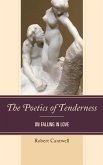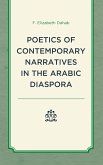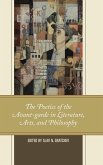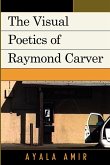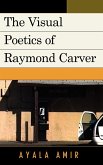The Poetics of Tenderness a literary-critical essay on love, grounded in the developmental theory of the British psychoanalyst Donald Winnicott and shaped by recent work on the neurobiology and anthropology of love. It maintains that sexual love is not merely an artifact or "invention" of culture, but a vital manifestation of the culture-making power itself. Calling upon Andreus Capellanus, Plato, Schopenhauer, Freud, William James, Hardy, Dreiser and Fitzgerald, D.H. Lawrence and Tom Stoppard, among others, the book's aim is to turn the discussion of sexuality around--to substitute for ideas and figures of violence and predation which have dominated our sexual imaginary for more than four decades much older and more durable associations of sex and love with care, affection, beauty, memory, worthiness, and ideality. It argues for a resurrection of tenderness, and holds out the possibility that even where anything goes love may yet be a source of sweetness and light, that mutual respect, equity, justice and decency in the spheres of sex and love will more likely flow from compassion and sympathy than from anger, fear, suspicion, mistrust, resentment, and bitterness. Close readings of two widely read novels, Dickens' Great Expectations and Nabokov's Lolita, preside over the discussion, exploring these authors' distinctively detailed and probing accounts of love's unfolding in particular social, cultural, historical and psychological settings. Both novels proceed from deep within the authors' interior life; both novels release love from its normally deep entanglements with intimacy and isolation, compatibility and incompatibility, social place and social possibility, inspiring in their narrators a prolonged introspective inquiry into an all-consuming preoccupation which ultimately restores them to the moral order.
Hinweis: Dieser Artikel kann nur an eine deutsche Lieferadresse ausgeliefert werden.
Hinweis: Dieser Artikel kann nur an eine deutsche Lieferadresse ausgeliefert werden.


